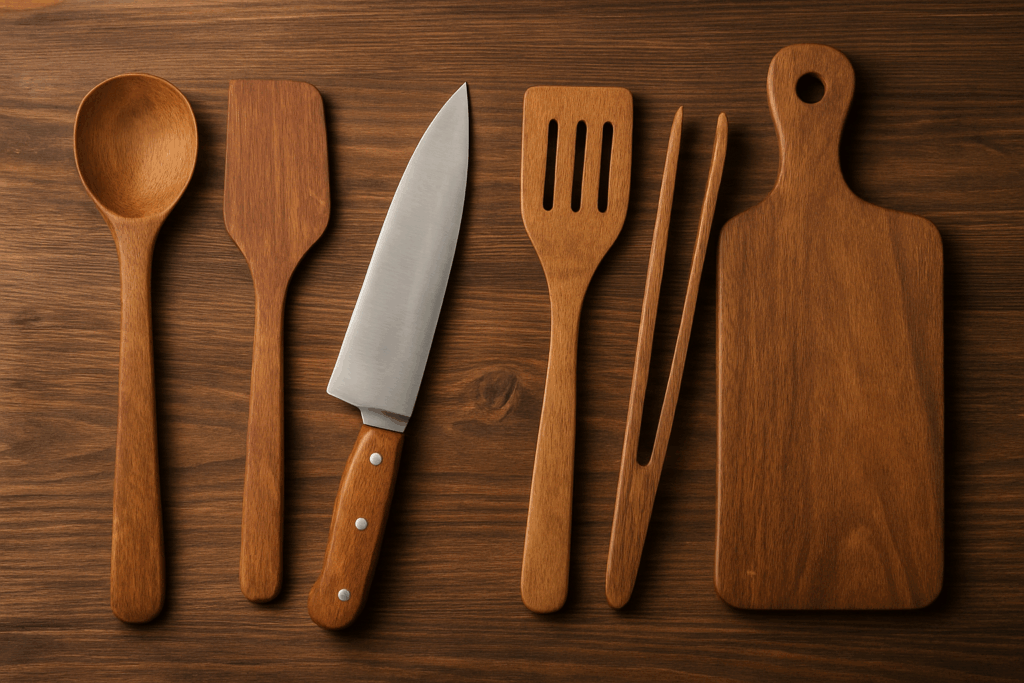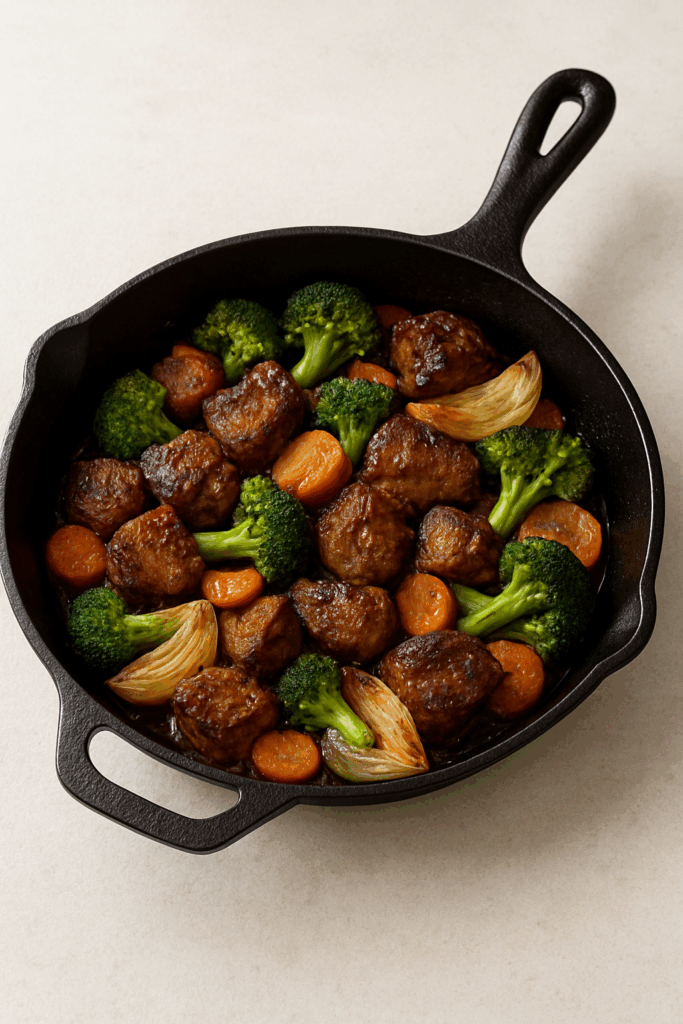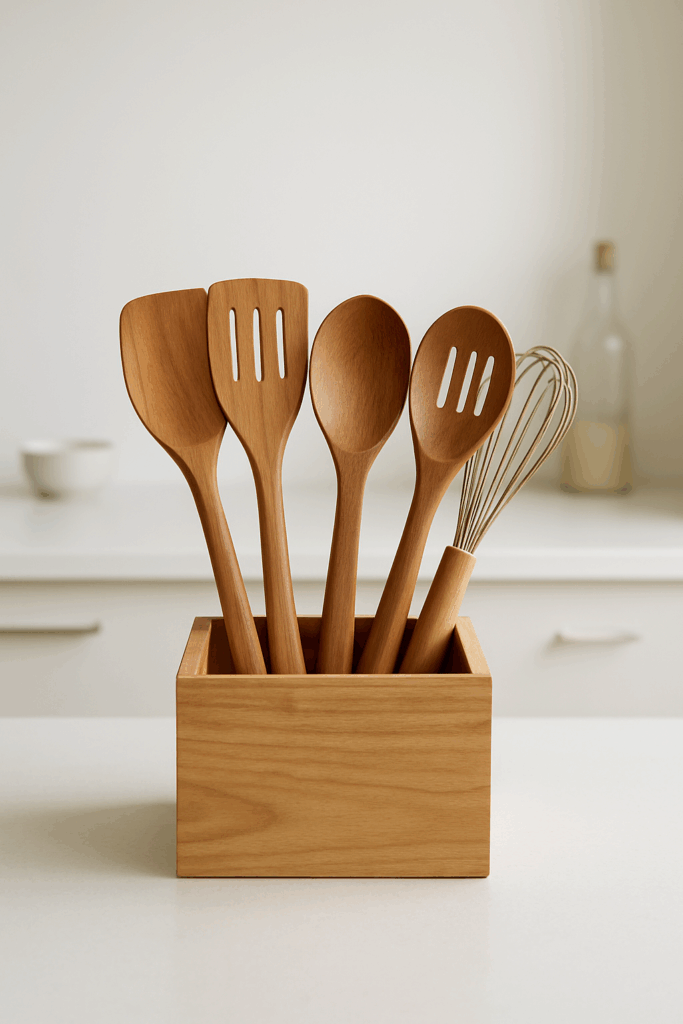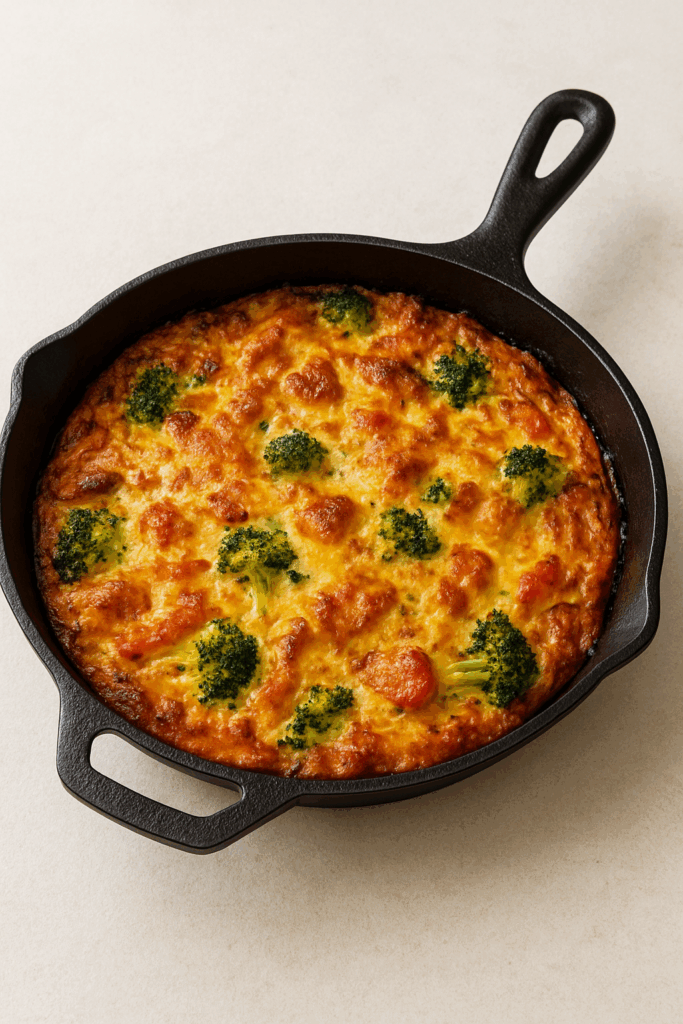Kitchen Essentials: What Every Cook Needs in Their Kitchen
Whether you’re just setting up your first kitchen or upgrading your current one, knowing what essentials you truly need can make cooking easier, healthier, and more enjoyable. From choosing the right materials for cookware to investing in versatile tools, having the right equipment can transform the way you cook. This in-depth guide will walk you through everything every cook needs in their kitchen, along with insights from what professional chefs use, and tips on choosing the healthiest materials for everyday cooking.
What Does Every Cook Need in Their Kitchen?
A good kitchen doesn’t need hundreds of gadgets. Instead, it needs a strong foundation of essential tools that cover most cooking techniques. Every cook should have:
- A sharp chef’s knife – the most important tool for chopping, slicing, and dicing.
- A sturdy cutting board – wood or bamboo is gentle on knives, while plastic is easier to sanitize.
- A set of versatile pots and pans – at minimum, a saucepan, frying pan, and stockpot.
- Mixing bowls – stainless steel or glass for durability.
- Measuring cups and spoons – essential for baking and precise recipes.
- Wooden spoon, spatula, and tongs – basic utensils that cover stirring, flipping, and serving.
- Storage containers – to keep food fresh and reduce waste.

What Is the Best Material to Use for Cooking?
When it comes to cookware, material matters. It affects heat distribution, durability, and even your health. Here’s a quick breakdown:
- Stainless steel – Non-reactive, durable, and excellent for browning food. Best for everyday cooking.
- Cast iron – Retains heat well, ideal for searing and slow cooking. Needs seasoning but lasts a lifetime.
- Non-stick (ceramic or Teflon) – Great for eggs and delicate foods, but coatings may wear off.
- Copper – Excellent heat conductor, often lined with stainless steel. More expensive and requires polishing.
- Carbon steel – Lightweight alternative to cast iron, often used for woks and skillets.
For most kitchens, a mix of stainless steel and cast iron provides the perfect balance.
What Are the 3 Most Important Kitchen Tools?
If you had to choose only three tools, they would be:
- Chef’s Knife – A sharp, well-balanced knife is a cook’s best friend.
- Cutting Board – Provides a safe and efficient workspace.
- Cast Iron Skillet or Stainless Steel Pan – Both versatile and long-lasting.
These three alone allow you to cook a wide variety of meals with ease.
What’s the Most Useful Piece of Equipment in a Kitchen?
Without a doubt, the chef’s knife holds this title. While gadgets come and go, a sharp knife is timeless. It replaces dozens of slicers, choppers, and processors. Investing in one high-quality knife can make food preparation faster and safer.
What Should I Have in My Kitchen at All Times?
A well-stocked kitchen is not only about tools, but also about pantry basics. At all times, you should keep:
- Cooking oils – olive oil for salads, vegetable or sunflower oil for frying.
- Salt and pepper – the foundation of seasoning.
- Basic spices – garlic powder, paprika, cumin, turmeric.
- Rice, pasta, or grains – versatile and filling staples.
- Fresh vegetables and proteins – whatever suits your diet.
Pair these with your core utensils, and you’ll never be stuck when it’s time to cook.
What Do Chefs Use for Cookware?
Professional chefs prefer cookware that’s durable, heat-resistant, and versatile. In restaurant kitchens, you’ll often find:
- Stainless steel pans – for their durability and ability to handle high heat.
- Cast iron skillets – perfect for searing meats and retaining heat.
- Carbon steel pans – especially for woks and crepes.
- Copper cookware – prized for precision cooking.

Which Material Is Not Good for Cooking?
Not all materials are kitchen-friendly. Avoid:
- Aluminum (uncoated) – can react with acidic foods like tomatoes, affecting flavor and safety.
- Cheap non-stick pans – coatings can flake off, especially at high heat.
- Plastic utensils with high heat – can melt or release harmful chemicals.
Stick with stainless steel, cast iron, glass, and food-safe silicone for safer, longer-lasting results.
What Is the Healthiest Cooking Material?
For health-conscious cooking, the best materials are:
- Stainless steel – non-reactive and durable.
- Cast iron – adds a small amount of iron to food (beneficial for many).
- Glass – ideal for baking and food storage.
- Ceramic – natural non-stick option when high-quality.
What Does Every Good Chef Need?
Beyond cookware, every good chef needs:
- A sense of organization – Mise en place (everything in its place) is key.
- High-quality knives – chefs often travel with their own set.
- Thermometers – for precise cooking, especially meats.
- Kitchen scales – for accurate measurements.

What Are the Best Quality Kitchen Utensils?
When choosing utensils, quality matters. Look for:
- Wooden spoons and spatulas – gentle on cookware.
- Silicone spatulas – heat-resistant and versatile.
- Stainless steel tongs and ladles – durable and reliable.
- Whisks and peelers – make preparation easier.
Investing in high-quality utensils prevents wear and tear on cookware and improves your cooking experience.
What Is the Most Versatile Piece of Kitchen Equipment?
If one tool stands above the rest, it’s the cast iron skillet. You can:
- Sear meats
- Bake bread
- Fry eggs
- Roast vegetables
- Even use it on the stovetop or in the oven

Final Thoughts: Building the Perfect Kitchen
Every kitchen, whether for a beginner cook or an experienced chef, thrives on quality over quantity. Instead of buying dozens of tools you’ll rarely use, invest in a handful of durable, versatile, and healthy essentials:
- A sharp chef’s knife
- Quality cookware (stainless steel + cast iron)
- Wooden and silicone utensils
- Pantry staples and seasonings
By choosing the best materials and most versatile tools, you’ll set yourself up for cooking success, healthier meals, and a more enjoyable experience in the kitchen.
0 Comments